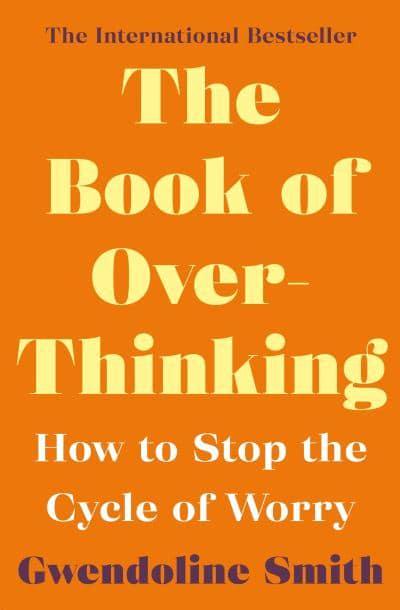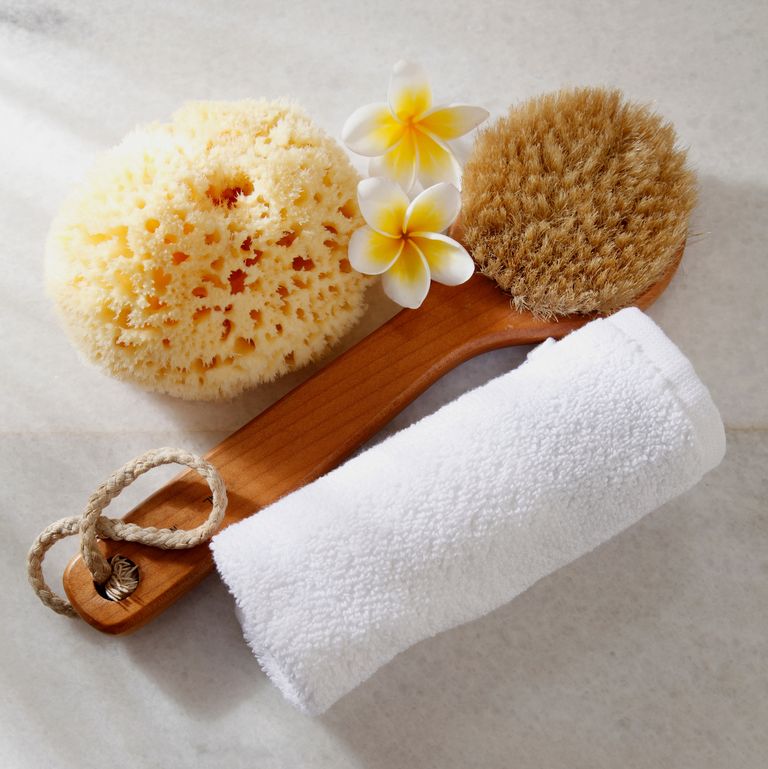What is stress?
Stress happens when we feel we can’t cope with pressure – it’s a state of emotional strain resulting from demanding circumstances, deadlines, sudden information and ongoing and mounting responsibilities.
10 ways to manage stress long term
1. Set yourself a goal

Setting yourself goals and challenges, whether at work or outside, such as learning a new language or training for a race, can help you switch off from the high pressures of daily life – and build your confidence.
“By continuing to learn, you become more emotionally resilient as a person,” says Professor Cary Cooper, an occupational health expert at the University of Lancaster. “It arms you with knowledge and makes you want to do things rather than be passive, such as watching TV all the time.”
2. Meet friends and laugh

Make a habit of seeing friends and loved ones at least once a week. If your schedule makes this impossible, squeeze in a call every so often for a chat – and a giggle.
Socialising and taking part in activities is the perfect stress reliever as interaction can naturally help you unwind.
“Talking things through with a friend will also help you find solutions to your problems,” says Professor Cooper.
“Many studies show that laughter boosts our energy, decreases stress hormones, improves immunity and diminishes pain” adds Dr Marilyn Glenville, nutritionist, and author of The Nutritional Health Handbook for Women
“Laughter triggers the release of endorphins, the natural feel-good chemicals that make us happier and relaxed.”
3. Enjoy some me time

The need for ‘me time’ can often be overlooked – but spending time on ourselves can have an incredibly positive impact on our day-to-day life – whether it be 10 minutes to pick out a new nail colour, a hot soak, or a good book in bed.
4. Quit smoking/binge drinking

Turning to alcohol or cigarettes may be an obvious choice – but in the long term, it’ll only result in you feeling worse.
If you feel under pressure – talk about your situation to a friend, colleague or loved one – and try to tackle the cause of the stress. Once you’ve identified it, you can start to eliminate the problem.
Shona Wilkinson, Head Nutritionist at www.nutricentre.com. says: “Caffeine is a stimulant, which increases adrenaline levels in our body – the same hormone you are looking to reduce, when stressed.
“So drinking coffee is like adding fuel to the fire, it accelerates our body’s response to stress and prepares it to action, even though, you might be only sitting at your desk.”
5. Be positive

Life isn’t perfect – and that’s just that.
“People don’t always appreciate what they have,” says Professor Cooper. “Try to be glass half full instead of glass half empty,” he says.
Try writing down three things that went well, or for which you’re grateful, at the end of every day.
6. Eat mood-boosting foods

When we’re feeling the stress, it’s human instinct to reach for the coffee jar and carbs – however, these can only make the problem worse.
Clear out your kitchen and trade unhealthy staples for fresh fruits, greens, vegetables, decaf hot drinks and whole foods.
7. Invest in some essential oils
Essential oils are not only effective for clearing your airways when you’re unwell, but also for unwinding through a hot soak, relaxing your feet after a long day, and even a soothing massage.
Neal’s Yard Remedies has 27 different oils to choose from, including Ylang Ylang, Rose Otto and Organic – and all are 100% organic.
This Thai Lime & Ginger Massage Oil, (£26) works as a moisturiser and antioxidant – with a blend of ginger to help relieve stress and the citrus of lime which is proven to help calm the senses.
8. Keep your sugar levels steady

Soybeans, dark chocolate, bananas and avocado are all good sources of magnesium, which helps with efficient energy production whilst also calming the nervous system on-the-go.
As the blood sugar steadies, so will the mood swings. “Reduced adrenaline levels will automatically make you feel happier and calmer inside.’ says Dr Marilyn Glenville, nutritionist, and author of The Nutritional Health Handbook for Women (£25 Amazon.co.uk).
Shona Wilkinson, Head Nutritionist at www.nutricentre.com adds: “Ensure you have a small meal every 2-3 hours that contains protein (eat breakfast, lunch and dinner plus a snack mid morning and one mid afternoon). For example, a hard-boiled egg, 10-12 almonds, a small can of tuna and brown rice.
“This will stop those roller-coaster highs and cravings for sweet foods. Because your blood sugar isn’t allowed to drop, your body will no longer have to ask you for a quick fix.”
9. Sleep

Getting enough shut-eye is imperative to our health – it helps to restore the mind-body system and enough restful sleep can help strengthen our immune system.
A lack of restful sleep not only exposes the human body to poor health, but can lead to worsening anxiety, depression, and an inability or struggle to function day-to-day.
How much sleep do I need? Although there is no magic number of hours, adults should aim for 8-hours’ solid sleep, whilst teenagers should aim for around 9.
10. Try art therapy

Adult colouring books are selling like hotcakes in the UK – but can we really find relief through colouring in between the lines?
The creators of the books claim they’re a form of meditation – that the complex or abstract images in them can help you switch off and unwind.
Meditation also has known benefits to the mind, body and spirit – by immersing ourselves into a project, daily anxieties become less present – and we’re naturally able to let go of everyday stresses.
For more information: http://www.mirror.co.uk/






Leave A Comment
You must be logged in to post a comment.